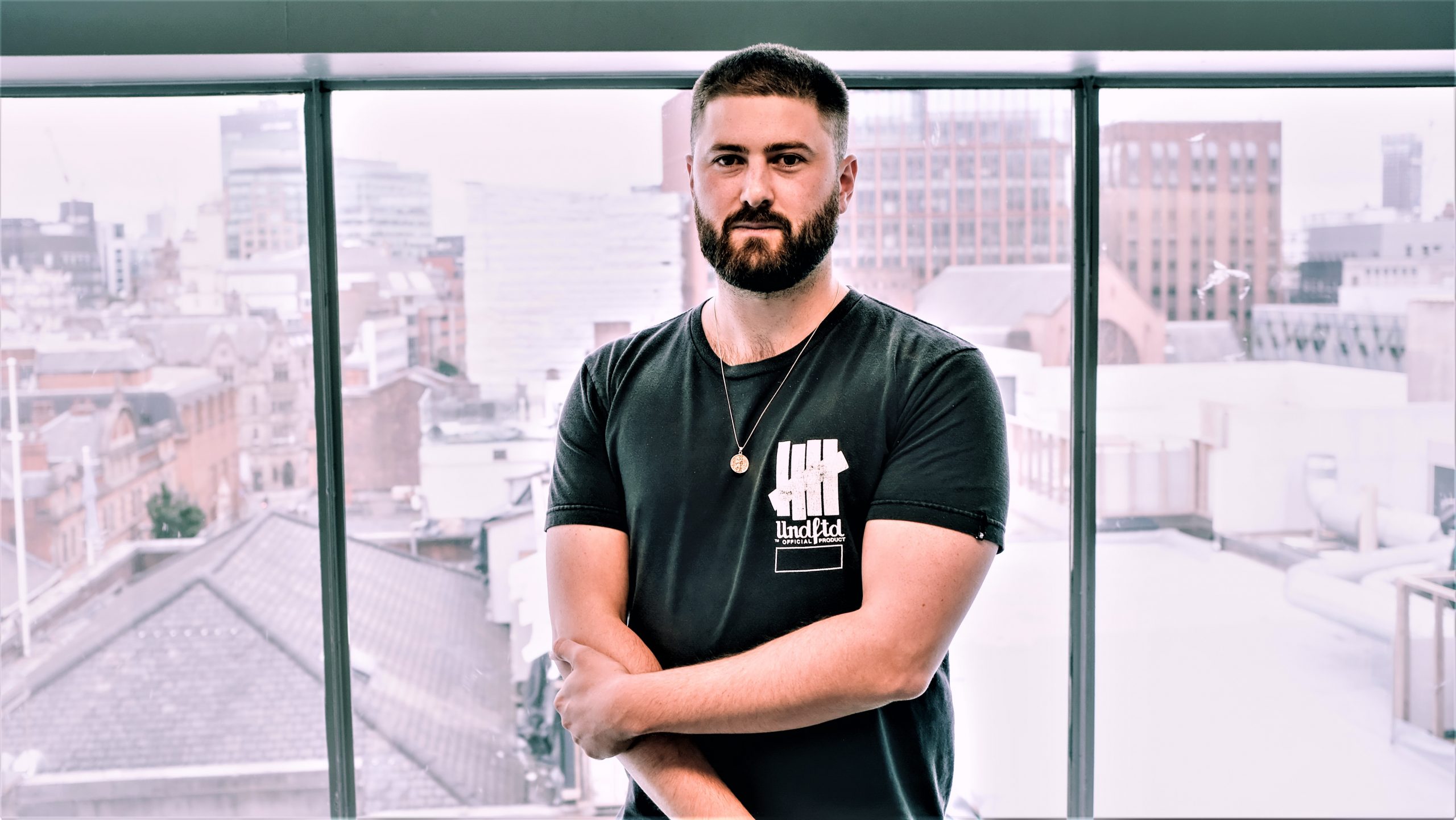Paul O’Donohoe played rugby for Leinster and Connacht and then worked in sports media rights. When we speak, however, he is sitting at his laptop in his kitchen in London. On the other side of my computer screen is Liam Harrington, the chief business officer of Iconic Labs, who is best known for co-founding Unilad, which in 2016 ran the world’s biggest Facebook page. Harrington is in his living room in London, with an indoor running machine just on the edge of shot. He has, he laughs, had little time to use it, as the last few months has been…
Cancel at any time. Are you already a member? Log in here.
Want to continue reading?
Introductory offer: Sign up today and pay €200 for an annual membership, a saving of €50.

